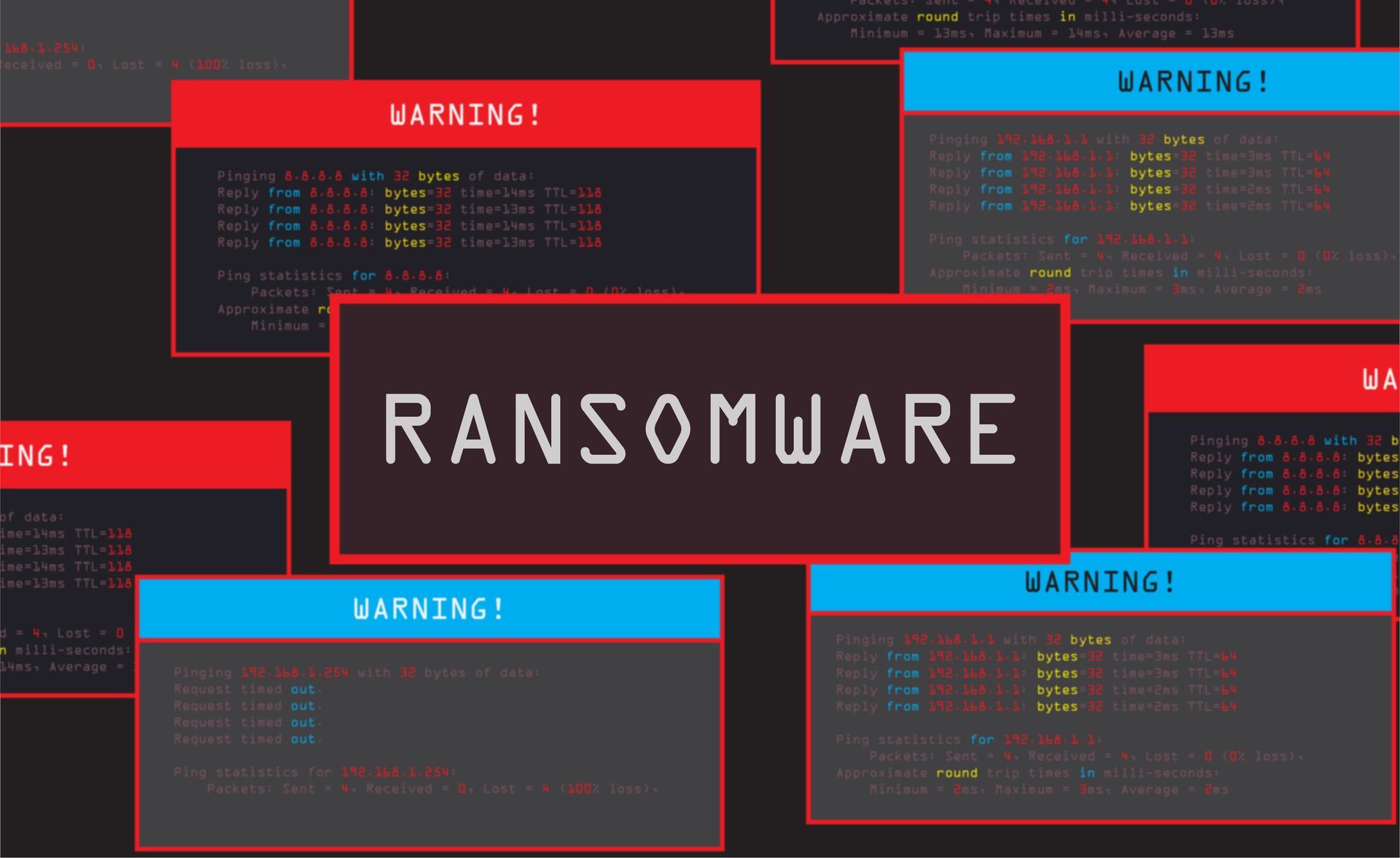6 Most Popular IT Services for Businesses

The importance of technology to a modern business cannot be overstated. It enhances planning, boosts competitiveness, and strategy development. IT Services include technology and expertise that can help companies to train, process, manage and have easier access to information.
IT Services are important for maintaining business operations and expansion into new areas. For a business to operate efficiently it must deploy relevant technology services to help it grow. Even if you’re currently using some IT services such as software updates for your business, there are others you may not be aware of that can make a real impact on your organization.
We discuss some of the most common IT services for Small and Medium Businesses below:
1. IT Consulting
The field of IT is very vast so having adequate knowledge of all necessary technology is beyond the scope of many small businesses. A better approach is to engage IT consulting services. IT consultants are an experienced team of professionals that can help your organization plan and execute large or highly technical IT projects.
It also involves analyzing the current state of a business IT infrastructure to discover outdated hardware and software that need replacement as well as missing tools.
2. Managed IT Service
Managed IT services are offered by third-parties, managed service providers (MSPs), to companies. It includes multiple technical services that many companies rely on to work smoothly.
Companies also need round-the-clock monitoring of application servers, data centers as well as networks to prevent outages.
This service is important for small and medium businesses that lack the resources to build an effective in-house team and full infrastructure.
MSPs can deploy IT specialists and experts to provide needed support services to businesses as well as to their clients from any location. This may include troubleshooting a device, remote repair of software, and OS update and upgrade.
3. Cloud Computing
With the internet comes the opportunity to utilize the power of cloud computing. Infrastructures and platforms that couldn’t be developed in-house or too costly to maintain can be deployed or rented in the cloud. Cloud services encompass several aspects of the infrastructure needed by organizations. It provides tools ranging from customer service software to accounting and data hosting.
Many businesses are migrating to cloud services because they are easy to use and manage. They are also scalable to meet the needs of a growing business and can provide instant access to critical business software and data.
Cloud-based applications such as Office 365 or Google workSpace allow employees to work and collaborate from both office and remote locations while having full access to necessary data and updates.
4. Cybersecurity
Cyberattacks are not abating as many companies both big and small are falling prey to attackers who steal data or even lockdown business infrastructure for ransom. Unfortunately, many businesses do not survive the aftermath of a cyber attack.
Customers’ data may also be released and sold on the dark web costing a business its reputation and customers if your business gets breached. Thus, it is essential to protect business networks and data from malicious actors.
Network monitoring tools, next-gen firewalls, and anti-malware programs are often deployed by IT service providers to defend businesses against attacks.
In addition, cyber security services providers have the required expertise and experience to defend your business against external and insider attacks.
5. Business Phone Systems
Business phone systems
help businesses to manage and route calls. They can help provide reliable communication methods for clients to provide technical support when needed. This helps to increase customer satisfaction.
A complete phone system can make running your business easier. Whether you want to deploy in the Cloud or on-site there are options available for your organization’s use.
Installation and upgrade of phone business systems are provided by managed service providers. Business phone systems can be based on traditional technology or voice-over-IP depending on your company requirement.
6. Employee Training
An untrained employee can cost an organization a lot in terms of productivity and security. Training services providers can improve employees’ performance with training sessions on how to operate new technology, identify security threats or handle technology migration.
*****
Adopting IT services solutions can help your business overcome technical and efficiency challenges.
As a small business owner, you can achieve scalability without incurring payroll and training costs for an in-house team.
The IT Services covered above explore a general idea of how technology can help to improve your business. To learn more about the right IT services for your organization, get in touch with SDTEK today.
The post 6 Most Popular IT Services for Businesses appeared first on SDTEK | San Diego, CA.


